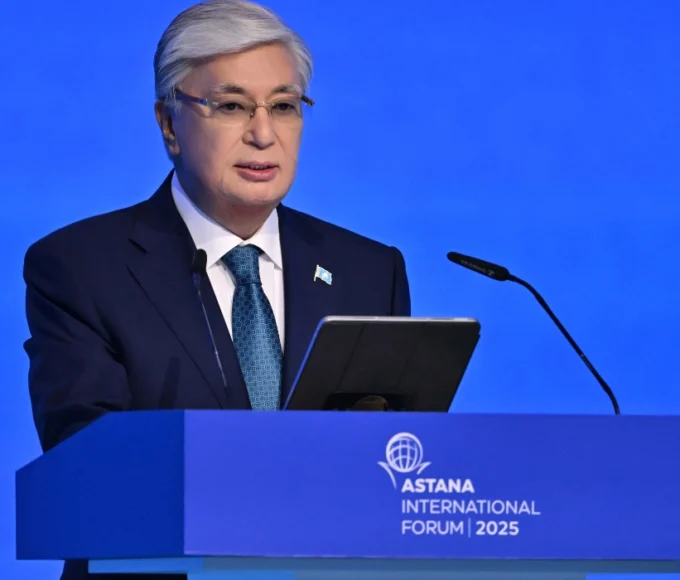With a view to strengthening air services with Japan, the Swedish Presidency of the Council today signed, on behalf of the EU, an aviation agreement with one of the Union’s most important partners in Asia. The agreement will allow all EU air carriers non-discriminatory access to routes between the EU and Japan, thus promoting open and fair competition.
The agreement will create a level playing field for EU carriers and a solid legal basis for the further development of air services with Japan. Moreover, with the EU-Japan Aviation Safety Agreement entering into force in 2021, this agreement will further enhance bilateral cooperation between the parties in the field of aviation.
Today we have set a new milestone in EU external policy in the field of aviation. The agreement will allow all EU air carriers to benefit from the right of establishment when providing air services in Japan, thereby bringing our Member States’ existing bilateral agreements into line with EU law. This will help to develop EU cooperation with one of our main partners in the region.
Following the judgments of the Court of Justice in the so-called “open skies” cases, the Council, on 5 June 2003, authorized the Commission to open negotiations with third countries with a view to replacing certain provisions of the existing bilateral agreements relating to air services by agreement at Union level (the “horizontal empowerment”).
In accordance with the mechanisms and guidelines provided for in the annex to the “Horizontal Empowerment”, the Commission has negotiated an agreement with Japan which replaces certain provisions of existing bilateral air services agreements concluded between Member States and Japan. Article 2 of the agreement replaces the traditional designation clauses with a Union designation clause, thus allowing all carriers in the European Union to benefit from the right of establishment.
The provisions of the agreement take precedence over the current corresponding provisions of 13 bilateral air services agreements concluded between Member States and Japan and fulfilling a key objective of the Union’s external policy in the field of aviation in bringing existing bilateral air services agreements into line with EU law.
Context And Next Steps
International aviation relations between Member States and third countries have so far been governed by bilateral air services agreements and their annexes or by other related bilateral and multilateral arrangements.
However, traditional designation clauses in Member States’ bilateral air services agreements are contrary to EU law. They allow a third country to reject, revoke or suspend the permits or authorizations of an air carrier which has been designated by a Member State, but whose substantial ownership and effective control is not in the hands of of that Member State or of its nationals.
The agreement with Japan will therefore meet a key objective of the Union’s external policy in the field of aviation by bringing existing bilateral air services agreements into line with Union law.
After today’s signature, the agreement will be sent to the European Parliament for approval before returning to the Council for its conclusion. The EU and Japan will exchange through diplomatic channels their respective notifications confirming that their internal procedures necessary for the entry into force of the agreement have been completed. The agreement will enter into force on the first day of the month following the date of receipt of the said notification.
This article is originally published on consilium.europa.eu








